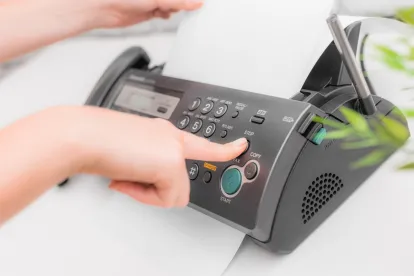As we have covered , the Second Circuit in Duran v. La Boom concluded that the Telephone Consumer Protection Act (“TCPA”) applies to any system that calls or texts automatically from a list of numbers. Specifically, the Court held that the TCPA’s automated telephone dialing system (“ATDS”) definition applies to devices that store numbers–in addition to just those that can randomly or sequentially generate numbers to be dialed. That decision contributed to the massive circuit split that the Supreme Court recently agreed to resolve in granting Facebook’s cert. petition.
Meanwhile, TCPA litigation chugs along, and the United States District Court for the Eastern District of New York recently dismissed a pro se Plaintiff’s complaint for threadbare ATDS allegations. See Herrera v. Navient Corps., 19-CV-06583, 2020 U.S. Dist. LEXIS 122710 (E.D.N.Y. July 13, 2020). That court explained that the plaintiff did not adequately alleged ATDS use because she simply recited “the statutory language.” Without a “reasonable inference that the calls were made from an ATDS,” the complaint failed. Id. at *16.
The takeaway: even in the Second Circuit with its broad approach (among the”Dark Red” states in our ATDS overview), a plaintiff cannot state a claim simply by reciting the statutory elements.




 />i
/>i
